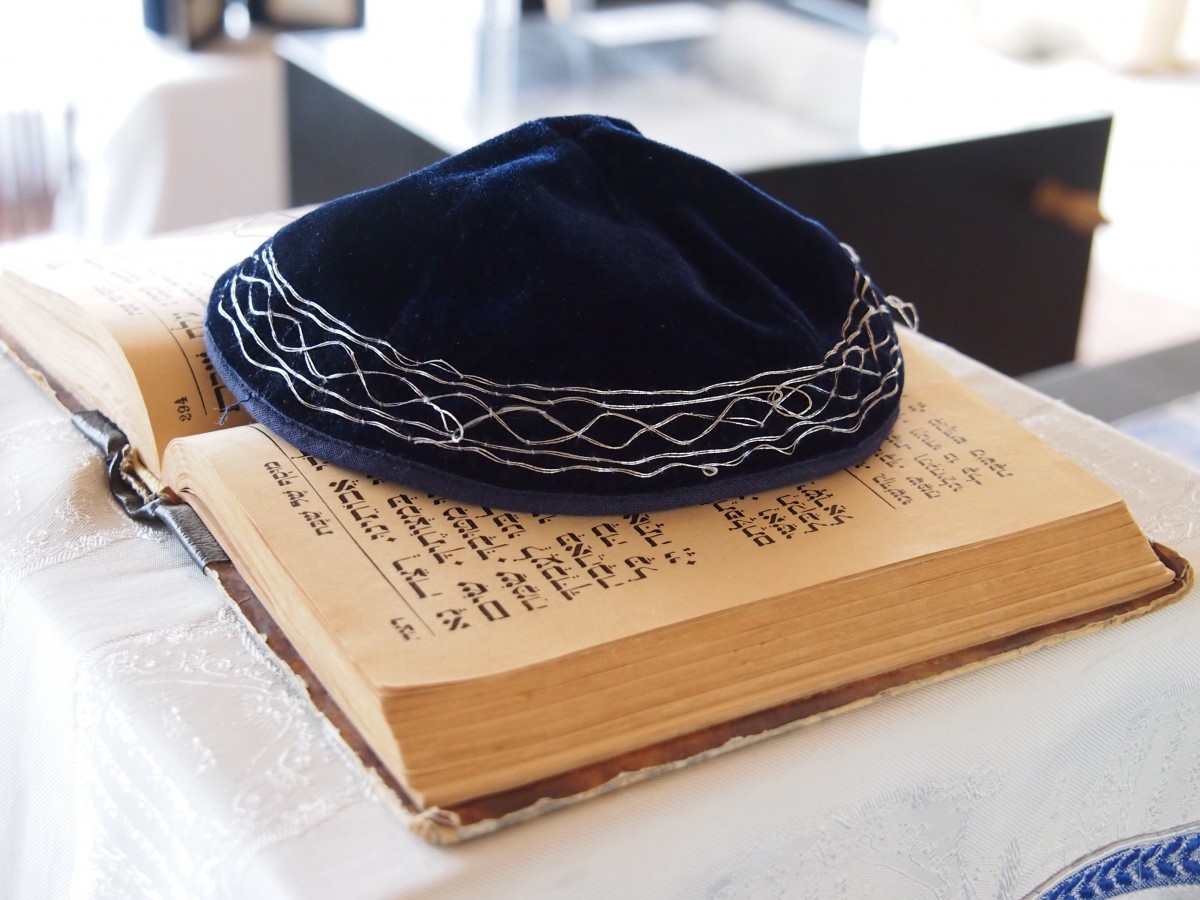As a small-town synagogue president, I field a lot of very interesting calls. I’ve talked to parents who are worried about their kids going to school far away from home, to such an un-Jewish campus town (yes, they can come to my house for Shabbat). I’ve been called to attend press conferences and find billets for Jewish hockey players, to provide pronunciation coaching for Hebrew text in a play, and to pick up a collection of Judaica from the apartment of a recently deceased woman who, due to a mental illness toward the end of her life, thought she was Jewish. I have more conversations about foreskins with total strangers than I ever thought possible.
There isn’t a school to teach you how to deal with these scenarios; it’s all on-the-job training – sink or swim. And I can always be sure each year will bring some new scenario that will leave me shaking my head and chuckling, wondering how exactly I wound up doing this (to quote my colleague in Cape Breton: “lack of competition”) and being grateful for the diversity of experiences it’s brought me.
But while there are always new calls that take me by surprise, there is one kind of call that happens over and over again, and I still don’t have a good response for it. The conversation often begins awkwardly, as any conversation between strangers might, and only gets more awkward as it progresses. The caller might have questions about services, Hebrew classes, holidays, kosher food or circumcision, but always there comes a point where I have to explain to them that there isn’t any way – even if they immediately take down their Christmas tree, start speaking Hebrew, and throw away every ham sandwich in their house – for them to become Jewish today, tomorrow, or any time in the near future. I have to patiently explain to them that the process of conversion is long, involved, and inevitably tied to community life; it’s not something you can do alone.
I invite them to attend services, to try it out in real life, to see if the lived experience of Judaism appeals to them. Sometimes they do, and a very few continue to attend for several years, eventually pursuing a formal conversion process. Mostly, however, the excitement in their voices drains away and they hang up. Inevitably, I feel sad for them but I also wonder: is there something else I should be saying, some kind of verbal catalyst that would transform their initial enthusiasm into something with a bit more staying power?
I like to think of myself as a positive person and, as a convert myself, I’m nothing if not a cheerleader for Judaism. But I can’t say that I’m an advocate for making conversion any easier. My conversion took several years, included a few detours, and required a lot of stick-to-it-ness. It prepared me well for lots of other challenges in my life, not least of which is community leadership. I learned many bits of trivia that I’ve never used (anyone want to know how to kasher a liver?), but I also learned a lot about why we do what we do, and how to confront the moral and existential challenges of life.
The rewards of conversion are inherent to its difficulty. Like running a marathon, if it were easier, it wouldn’t be nearly as worthwhile or as fulfilling. So, I’ll continue to answer the phone in 2018, to fumble through my answers to the many strange questions that come my way. It’s a hard sell in this age of instant answers and nine-year-olds who can Google up almost anything, but the rewards of a Judaism that insists on remaining in the slow lane endure for those who persist.
Emily Caruso Parnell lives in Sudbury, Ont. She is a full-time arts educator, a part-time ballet teacher and a volunteer synagogue president.


























